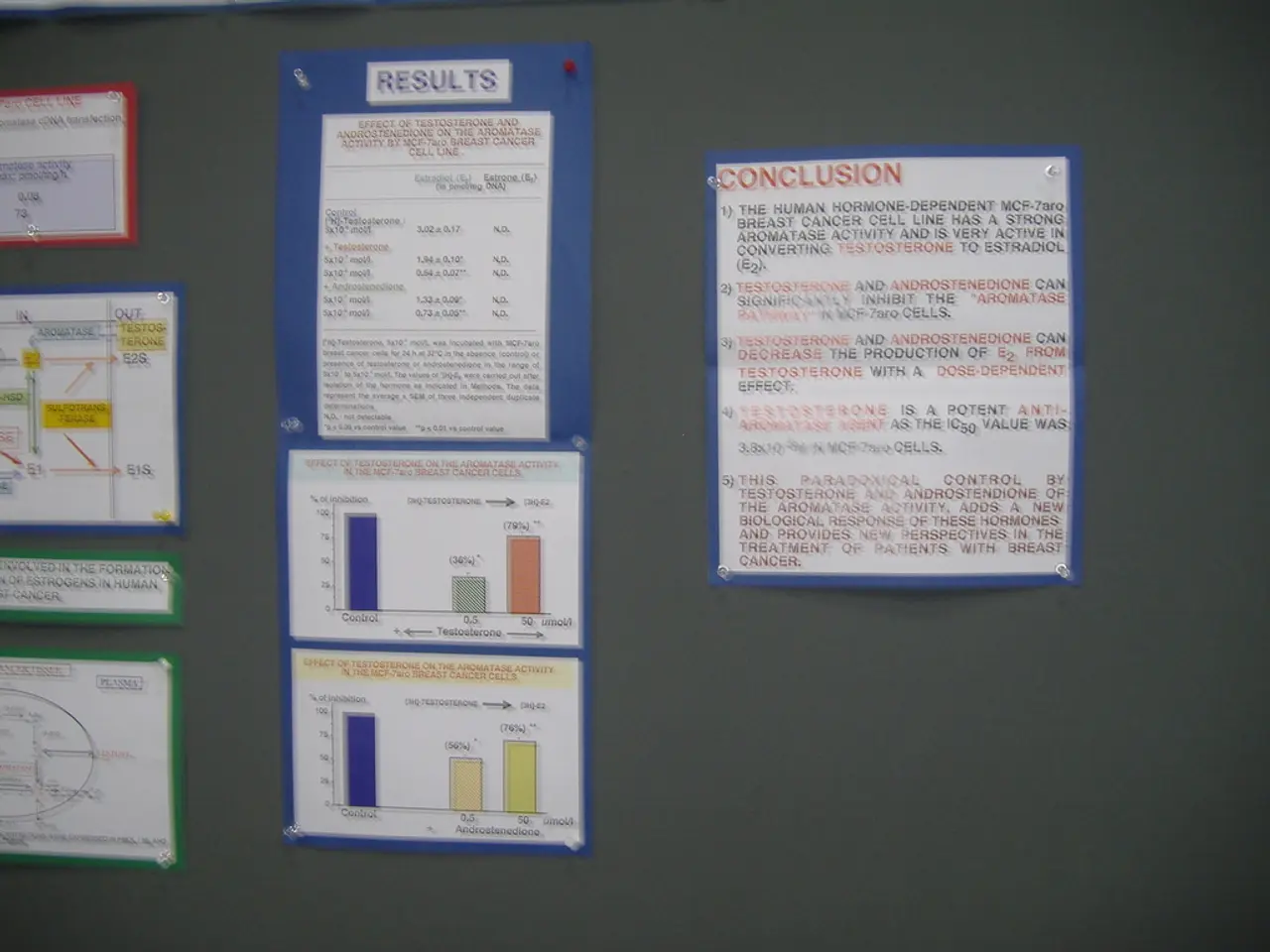Discussion on UK Employment Law: Implementation of Employment Rights Bill, Obligations Regarding Fraud Prevention, and Compensation for Psychological Distress resulting from Disciplinary Proceedings
The UK Government has published the Employment Rights Bill, a significant legislative overhaul aimed at raising living standards and strengthening workplace protections for around half of the workforce[1][3]. The Bill, currently at the Report Stage in the House of Lords as of July 2025[1][3][5], is set to undergo a phased implementation, beginning shortly after Royal Assent and extending to 2027.
**Timeline for Implementation**
Upon Royal Assent, expected in 2025, the Bill will repeal the Strikes (Minimum Service Levels) Act 2023, most of the Trade Union Act 2016, and simplify industrial action notices and ballot notices[2]. By April 2026, employers can expect changes such as the doubling of the maximum period for collective redundancy protective awards, the introduction of 'Day 1' entitlement for Paternity Leave and Unpaid Parental Leave, and enhanced whistleblowing protections[2]. Further measures will take effect in 2027, following consultations in winter 2025/early 2026[5].
**Proposed Changes for Employers**
The Bill introduces significant new obligations and clearer enforcement mechanisms affecting employers. Employers will need to comply with stricter rules on industrial action and trade union activities, including new protections for employees who take part in lawful industrial action[1][2]. There will also be new requirements regarding parental leave and sick pay, with the introduction of 'Day 1' paternity leave and changes to statutory sick pay thresholds and waiting periods[2].
Employers will have to adjust to simplified processes for trade union recognition and balloting, including electronic options, potentially affecting workplace relations and negotiations[2]. Whistleblowing protections are strengthened, imposing greater responsibilities on employers to protect whistleblowers and respond appropriately[2]. The Fair Work Agency will be established, which will provide a new enforcement mechanism potentially increasing regulatory scrutiny on employers[2].
**Case in Point**
The importance of employers handling disciplinary proceedings fairly and sensitively, especially when employees have known mental health issues, was underscored in a recent High Court case. The Court awarded damages to a former employee due to an employer's mishandling of disciplinary proceedings against him[6].
**Preparing for Compliance**
Understanding the implications and preparing for compliance for these changes is crucial. Employers should remember their separate statutory obligations to make reasonable adjustments where an employee is disabled for the purposes of the Equality Act 2010. The new failure to prevent fraud offence in the Economic Crime and Corporate Transparency Act 2023 will come into effect on 1 September 2025[4].
The phased implementation approach allows employers time to prepare and adapt to the new legal landscape[1]. However, the timeline and set of reforms require employers to prepare for significant changes over the next two years[1][2][5].
---
| Phase | Key Implementation Date | Main Employer Impacts | |---------------------|-------------------------|--------------------------------------------------------| | Immediate | 2025 (Royal Assent) | Repeals of strike laws, simplified notices, dismissal protections for industrial action participation | | Mid-term | April 2026 | Extended redundancy awards, 'Day 1' parental leave, better whistleblowing protections, changes to sick pay and trade union processes | | Final phase | By 2027 | Further reforms following consultations to complete employment law overhaul |
- Given the upcoming changes in employment law with the introduction of 'Day 1' paternity leave and adjustments to statutory sick pay thresholds, science-based health-and-wellness initiatives could incorporate these new policies to ensure they align with the revised employer obligations, supporting mental health awareness and promoting a healthier work environment.
- To cater to the expanded whistleblowing protections, organizations in sectors such as science and technology might need to revise their internal reporting systems, fostering a culture of open communication and reducing risks associated with misconduct or unethical practices, thereby contributing positively to mental health in the workplace.




